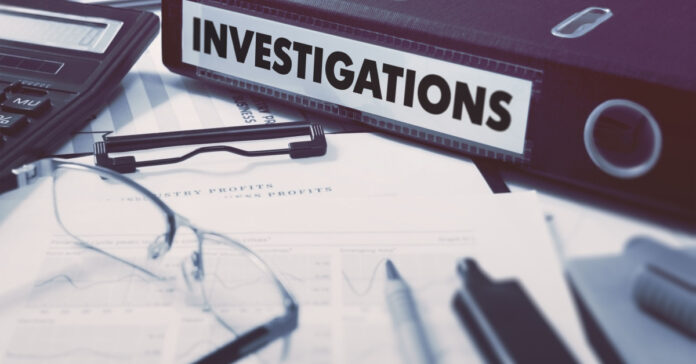
US District Judge Christopher Cooper has opted to violate the Constitution and attempt to force a journalist to violate the First Amendment and reveal their confidential source. Catherine Herridge refused to give up her source when she investigated potential issues with the Chinese government and the US military. Reported on as part of a Fox News investigative series, the world-renowned journalist put Yanpin Chen, a Chinese American scientist, in the spotlight.
Investigated by the FBI but never charged, Herridge wanted to know more. Originating back in 2017, she investigated Chen’s connection to the Chinese military. Specifically, Herridge focused on the potential for Chen’s Virginia-based professional school to be used as a way to gather intel on US servicemembers. Using what Chen alleged to be leaked FBI documents such as interview summaries, photographs, as well as immigration and FBI presentation documents. According to Chen, these alleged leaks trashed her reputation and livelihood, leading her to sue the FBI and Justice Department back in 2018.
Now, Herridge is facing an $800-per-day civil penalty for contempt and to enforce her compliance. Yet enforcement of the penalty is on hold, so Herridge is allowed time to prepare for an appeal. Ordered to reveal her sources as part of a deposition, the judge ruled that Chen’s legal interests outweighed the protection of the press as offered by the Constitution.
With former White House Council Patrick Philbin defending her, he pointed out that forcing her to reveal this information is more complex than usual. It’s not just the First Amendment or even her journalistic integrity. Should she leak information, it could be a risk to national security with the level of detail she has on Chen’s activities.
Dr. Chen’s council argues, “It is important to understand that without the protections of the Privacy Act, federal law enforcement can exploit its expansive powers to invade an American citizen’s private life and then selectively leak documents to smear reputations or score political points. Such misconduct should not be without recourse just because a rogue government official happens to launder his or her wrongdoing via a journalist. Today’s ruling is an important one to ensure that government officials can be held to account for outrageous abuses of power.”
While we know the First Amendment is not absolute (ie. Yelling ‘Fire’ in a theatre), in this instance it is everything. Journalists need to be able to protect their sources to provide the truth and the proper perspective on what happened. Both good and bad, each part of the story needs to be told.







